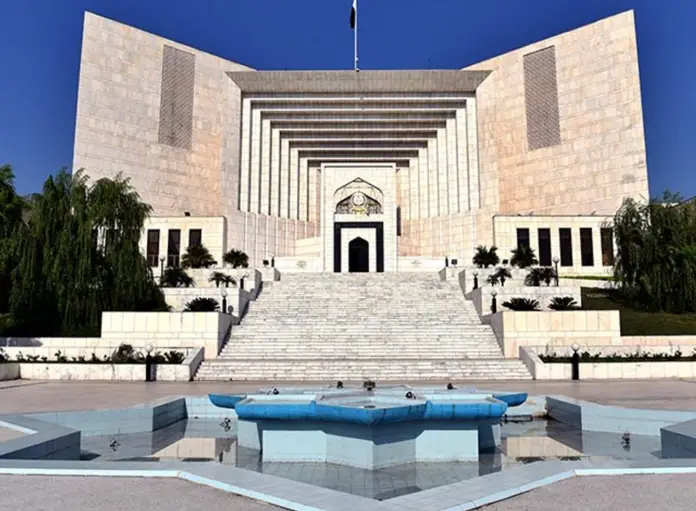The Supreme Court has suspended the verdict of the Lahore High Court (LHC) and allowed the authorities concerned to carry on work on the land already acquired for the multi-billion dollar Ravi Riverfront Urban Development Authority (RUDA) Project.
A bench headed by Justice Ijazul Ahsan took up the appeal of the Punjab government against the recent verdict of the Lahore High Court. The LHC verdict nullified the project and barred the authorities concerned from working on it.
“The work can be continued on the land which has already been acquired against compensation,” remarked Justice Ijazul Ahsan.
He added, “The high court has given the reference to the American Constitution, which along with the situation is different for both countries.”
The RUDA counsel informed the top court that it was the housing societies who were mainly petitioners in the said case.
In reply, Justice Sayyed Mazahar Ali Akbar Naqvi remarked, “Conflict of interest of the housing society is quite visible.”
The RUDA counsel submitted that the high court also held that the Land Acquisition Act did not apply to the land for big projects like Ravi Riverfront Urban Development Project.
“If this rule is accepted then the government will be left crippled and will not be able to acquire land even for Motorways,” the counsel argued.
Justice Ijazul Ahsan remarked that a decision on the Land Acquisition Act could not be given without hearing from the attorney general of Pakistan.
The RUDA counsel added that none of the land reserved for the forests was used for the said project and the part of the decision about forest land was not correct.
Justice Ijazul Ahsan replied that the record showed that land from Sheikhupura had also been acquired for the project.
He asked the counsel whether the local government of Sheikhupura was asked to provide land for RUDA. He also asked about compensation that was paid to the land owners. Responding to the query, an additional advocate general Punjab said that 342 owners were paid compensation. He told the court that all those people who got compensation were not among the petitioners in the Lahore High Court.
The counsel for RUDA said that the Environment Protection Agency had declared water treatment plans fit for the project and it was the order of the Supreme Court that a water treatment plant should be built over River Ravi.
Justice Ijaz remarked, “Judges are neither town planners nor environment specialists. The judges have to rely upon the reports of the relevant experts.”
After hearing initial arguments, the Supreme Court suspended the decision of the Lahore High Court on the RUDA project. The apex court allowed the authorities concerned to continue work on the acquired land and not to go beyond that besides seeking a report. The court adjourned further hearing for a month.







